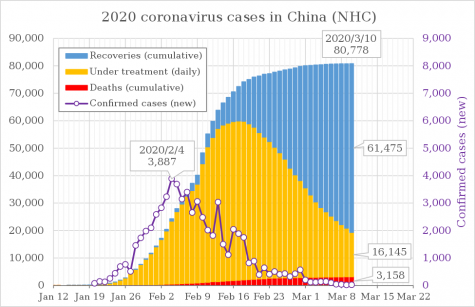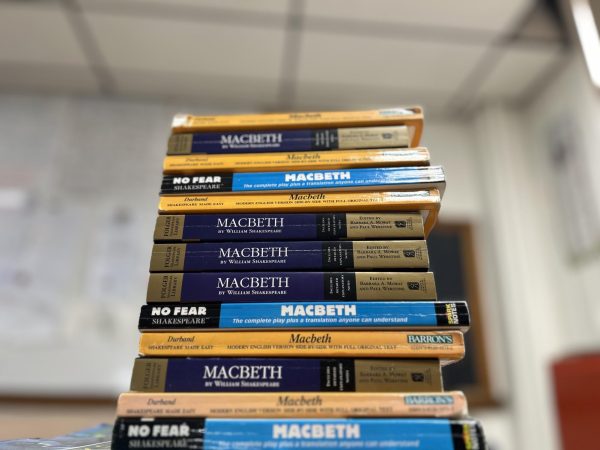Why You Shouldn’t Panic About the Coronavirus
It’s scary, but we’re more prepared than ever before.
It’s nearly impossible to pass an entire day without reading or hearing something about coronavirus. This is for good reason, because it’s a serious concern. The interconnectedness of the modern world has caused it to spread to over 100 countries and infect thousands of people – even those who had no contact with China. The virus is new to humans, which means there’s no vaccine, and it will likely have a significant economic impact. Yet despite these issues, we are prepared to deal with it in ways that previous generations were not.
Coronavirus has been compared to a number of past pandemics, including the 1918 influenza outbreak which killed more than 50 million people. However, the coronavirus is different from most other major outbreaks because its consequences are much less severe. Healthy people tend to have only mild symptoms, and most recover after a week or two.
So far, COVID-19’s fatality rate is lower than other coronavirus outbreaks, and deaths disproportionately affect older people with other medical issues. The death rate is higher than the flu but likely lower than reported because people who have the virus but are undiagnosed are not included. We’re very lucky that the virus is not deadlier.

It’s also possible that coronavirus will become milder over time. RNA viruses tend to mutate rapidly, and they often adapt to their hosts by becoming milder. If people become too sick, the virus will have a harder time surviving and spreading.
We are in a much better position to deal with new viruses than previous generations because of recent scientific achievements. Not only is there greater worldwide acceptance of science today, but our overall understanding of medicine is much better. In 1918, doctors knew that viruses existed but had never seen one. Today, scientists can isolate specific genetic sequences, making it much easier to develop a vaccine.
This outbreak also differs from previous pandemics because of the advanced technology we have readily available to combat it. Most people have the ability to work remotely, which helps maintain some social and economic stability. If universities close, as they have in many states, students can still finish their coursework online and earn their degrees. In past years, it was much harder to quarantine people and prevent the virus from spreading.
We also have constant news stories and up-to-date guidance, which is a huge advantage. Never before have officials been able to instantly advise masses of people. Take, for instance, the music video promoted by the Vietnamese government. It’s a silly tune about washing your hands and avoiding crowds, but it has become a global hit, and its message has spread to millions of people.
Although coronavirus is devastating, it has become a common enemy during a politically divisive time. It might create a stronger sense of unity and heighten our concern for each other. It might also make us more aware of the impact we have on others, which could lead to more responsible public policies.
We should certainly be concerned about the virus and exercise as much caution as possible, but panicking won’t be helpful. Let’s stay calm, stick to the facts, and recognize that the world is in a pretty good position to deal with it.

Hello! I'm a Senior at Hellgate and this is my second year writing for the Lance. In addition to writing, I enjoy mountain biking, playing cello, and competing...




